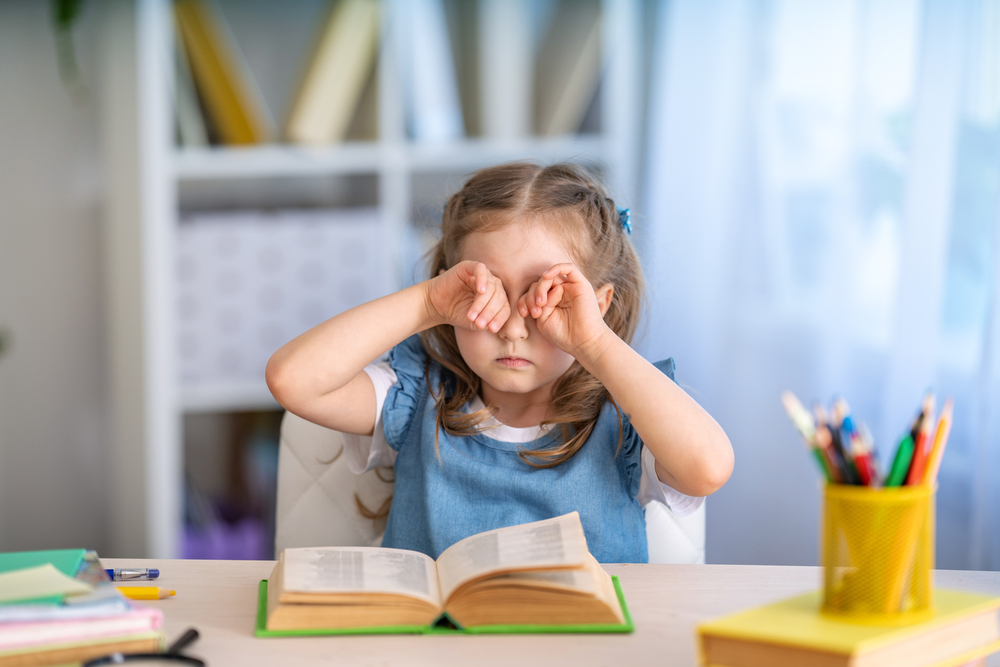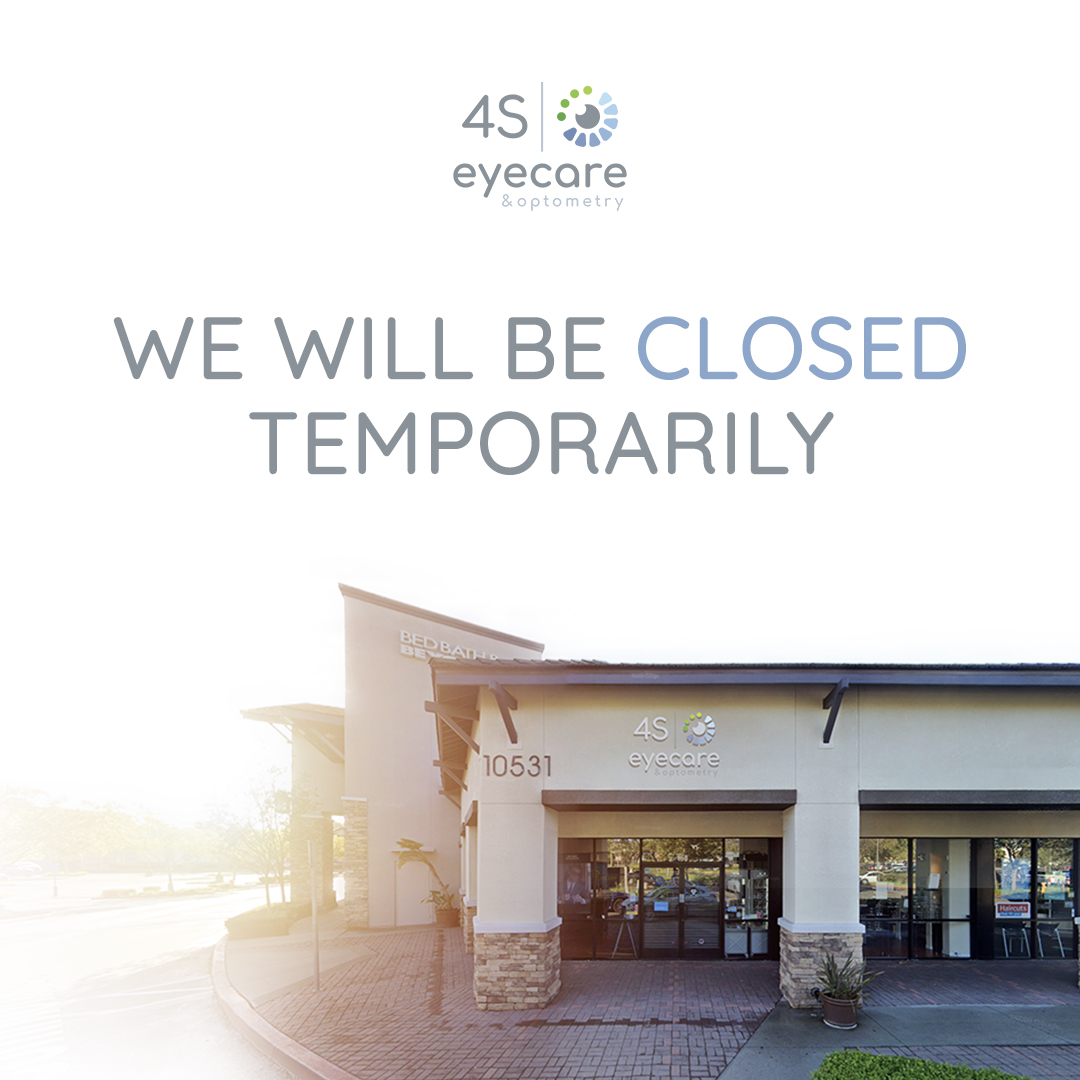
Myopia is a prevalent vision problem in children. It's a refractive error where the eye does not bend or refract light properly, causing distant objects to appear blurry while close objects remain clear. Understanding myopia and the importance of eye exams is essential to maintain optimal vision and eye health in children.
Vision Problems in Children: A Closer Look at Myopia
Myopia typically develops in school-age children and progresses throughout adolescence. The progression rate varies among individuals and can be influenced by various factors such as genetics, lifestyle, and environmental factors. Children who spend more time indoors and on near work activities like reading and screen use are more likely to develop myopia.
While myopia is common, it's not the only vision problem that can affect children. Other refractive errors such as hyperopia and astigmatism can also affect children's vision.
Signs and Symptoms Your Child Needs an Eye Exam
Recognizing the signs and symptoms your child needs an eye exam for myopia is crucial in managing this condition. Some children may not complain about their vision, primarily because they are not aware that their vision is abnormal. Therefore, parents need to be vigilant about certain behaviors that may suggest a vision problem.
One common sign is squinting. Children with myopia often squint to see distant objects more clearly. They might also complain of headaches or eye strain, especially after activities involving distant vision, such as watching television. Another sign is excessive blinking or rubbing of the eyes. These are often unconscious attempts to clear the vision or relieve eye strain.
Additionally, children with myopia might perform poorly in school due to difficulty seeing the board. They might prefer to read up close or sit closer to the television.
Myopia Management Methods for Children
There are several myopia control methods for children. The primary goal is to slow down the progression of myopia and reduce its long-term complications. The choice of method depends on the child's age, the degree of myopia, and the rate of progression.
Eyeglasses are the most common and straightforward method of myopia control. They correct the refractive error and provide clear vision. However, they do not slow the progression of myopia.
Special contact lenses, particularly orthokeratology lenses, are an effect option to slow myopia progression. These specially designed lenses are worn overnight and reshape the cornea to correct myopia temporarily.
Pharmacological treatments, such as low-dose atropine eye drops, have also shown promise in slowing myopia progression. Lifestyle modifications, such as spending more time outdoors and limiting near work activities, can also help manage myopia.
The Role Regular Pediatric Eye Exams
Regular eye exams play a crucial role in myopia management. These exams not only detect myopia early but also monitor its progression. The frequency of eye exams can depend on your child's age, risk factors, and current eye health.
During an eye exam, the optometrist will assess your child's visual acuity and refractive error. They will also examine the health of the eye to rule out any complications associated with myopia. Based on these findings, they can recommend appropriate treatment strategies.
Maintaining Your Child’s Eye Health and Overall Well-Being
Children's eye health is integral to their overall well-being. Vision problems like myopia can affect their academic performance, social interactions, and quality of life. Recognizing the signs and symptoms your child needs an eye exam for myopia is the first step towards addressing this issue.
Myopia management methods for children, including eyeglasses, contact lenses, and lifestyle modifications, can help slow down the progression of myopia and reduce its long-term complications. Regular eye exams are critical in this management process, allowing for early detection, ongoing monitoring, and timely intervention.
If your child is showing signs or symptoms of myopia, schedule a pediatric eye exam today. Visit 4S Eyecare & Optometry in our San Diego, California, office. Please call or text (858) 675-2020 to book an appointment today.









